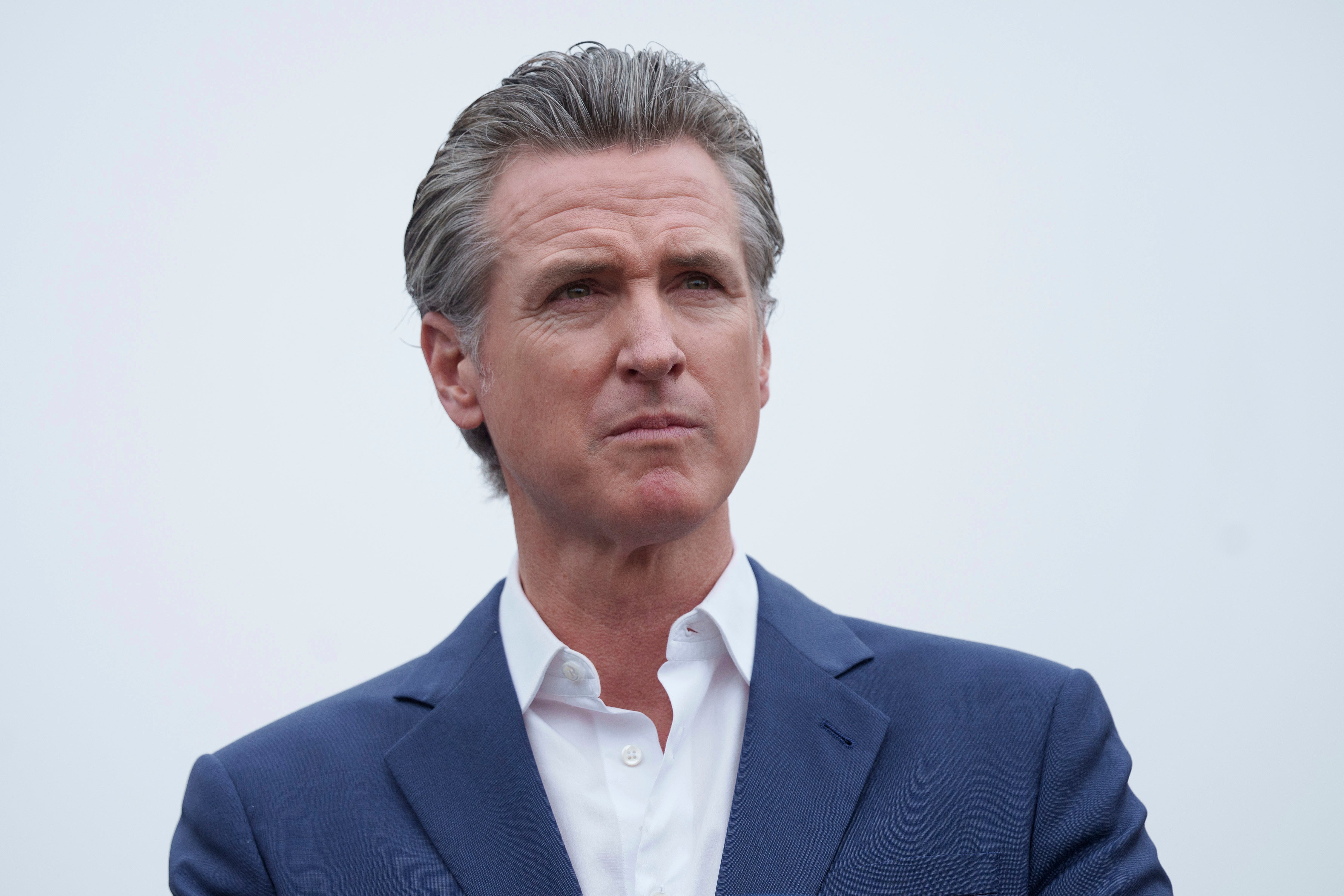Judge blocks new California law cracking down on election deepfakes
A federal judge has blocked a new California law allowing any person to sue for damages over election deepfakes

Your support helps us to tell the story
From reproductive rights to climate change to Big Tech, The Independent is on the ground when the story is developing. Whether it's investigating the financials of Elon Musk's pro-Trump PAC or producing our latest documentary, 'The A Word', which shines a light on the American women fighting for reproductive rights, we know how important it is to parse out the facts from the messaging.
At such a critical moment in US history, we need reporters on the ground. Your donation allows us to keep sending journalists to speak to both sides of the story.
The Independent is trusted by Americans across the entire political spectrum. And unlike many other quality news outlets, we choose not to lock Americans out of our reporting and analysis with paywalls. We believe quality journalism should be available to everyone, paid for by those who can afford it.
Your support makes all the difference.A new California law allowing any person to sue for damages over election deepfakes has been put on pause after a federal judge granted a preliminary injunction Wednesday blocking it.
U.S. District Judge John A. Mendez said artificial intelligence and deepfakes pose significant risks, but he ruled that the law likely violates the First Amendment.
“Most of AB 2839 acts as a hammer instead of a scalpel, serving as a blunt tool that hinders humorous expression and unconstitutionally stifles the free and unfettered exchange of ideas which is so vital to American democratic debate,” Mendez wrote.
The law took effect immediately after Gov. Gavin Newsom signed it last month. The Democrat signed two other bills at the time aimed at cracking down on the use of artificial intelligence to create false images or videos in political ads ahead of the 2024 election. They are among the toughest laws of their kind in the nation.
Izzy Gardon, a spokesperson for Newsom, said the laws protect democracy and preserve free speech.
“We’re confident the courts will uphold the state’s ability to regulate these types of dangerous and misleading deepfakes," he said in a statement. "Satire remains alive and well in California — even for those who miss the punchline.”
But a lawyer representing YouTuber Christopher Kohls, who sued state officials over the law, called the ruling “straightforward.”
“We are gratified that the district court agreed with our analysis that new technologies do not change the principles behind First Amendment protections,” attorney Theodore Frank said.
The law was also unpopular among First Amendment experts, who urged Newsom last month to veto the measure. They argued that the law is unconstitutional and a government overreach.
“If something is truly defamatory, there’s a whole body of law and established legal standards for how to prove a claim for defamation consistent with the First Amendment,” David Loy, legal director of the First Amendment Coalition, said in an interview in September. “The government is not free to create new categories of speech outside the First Amendment.”